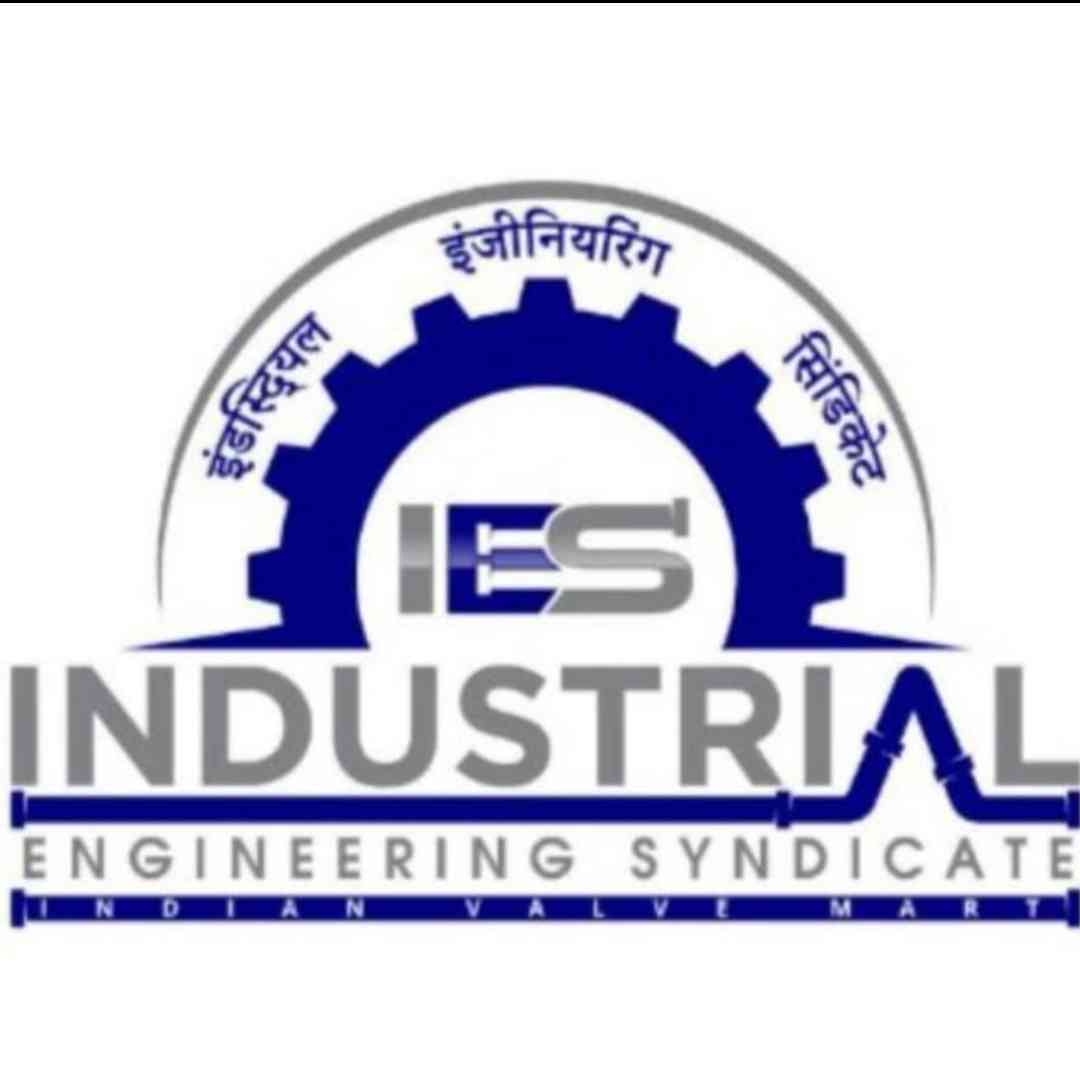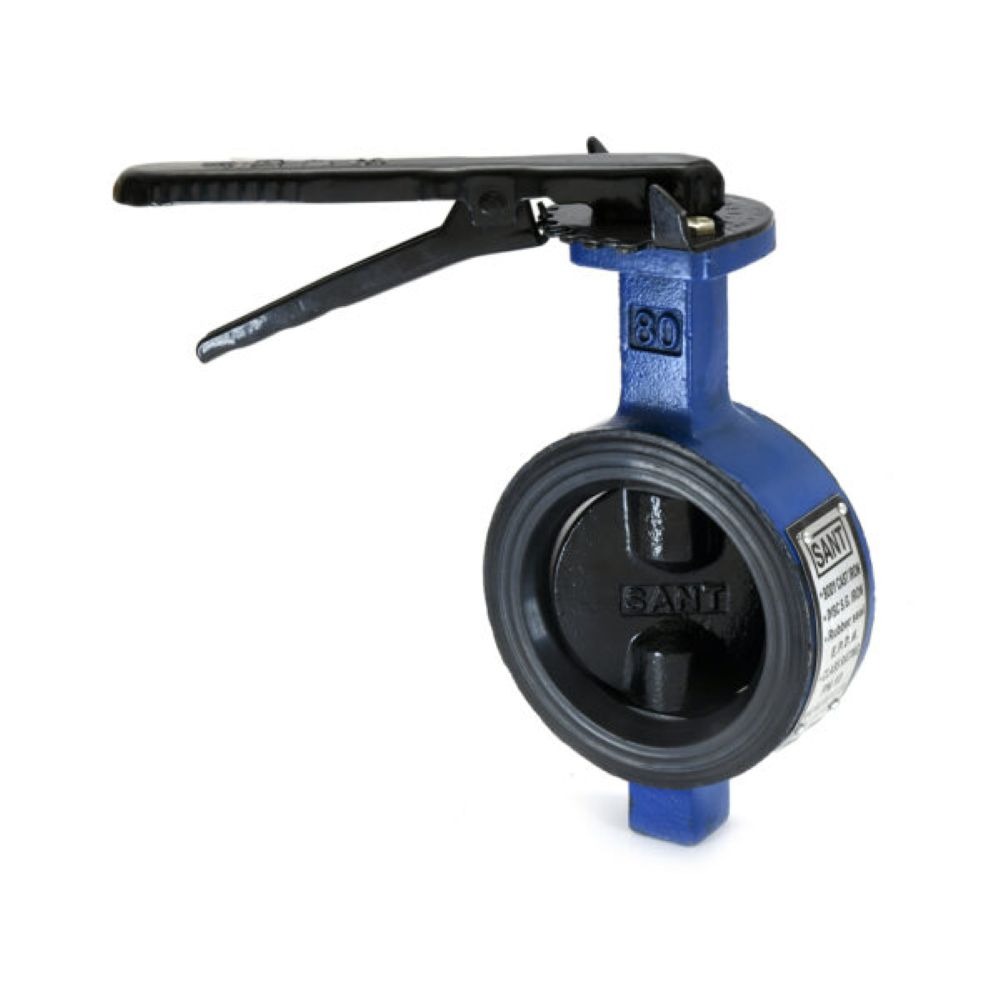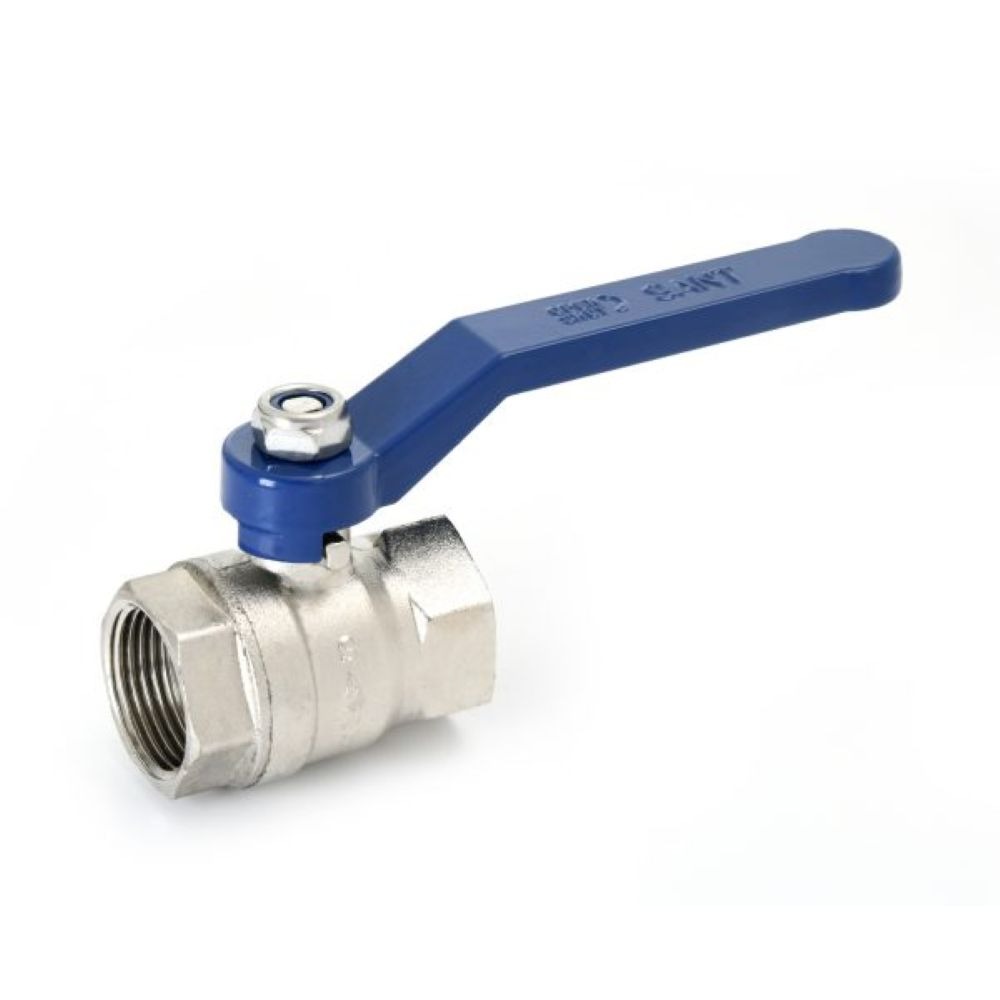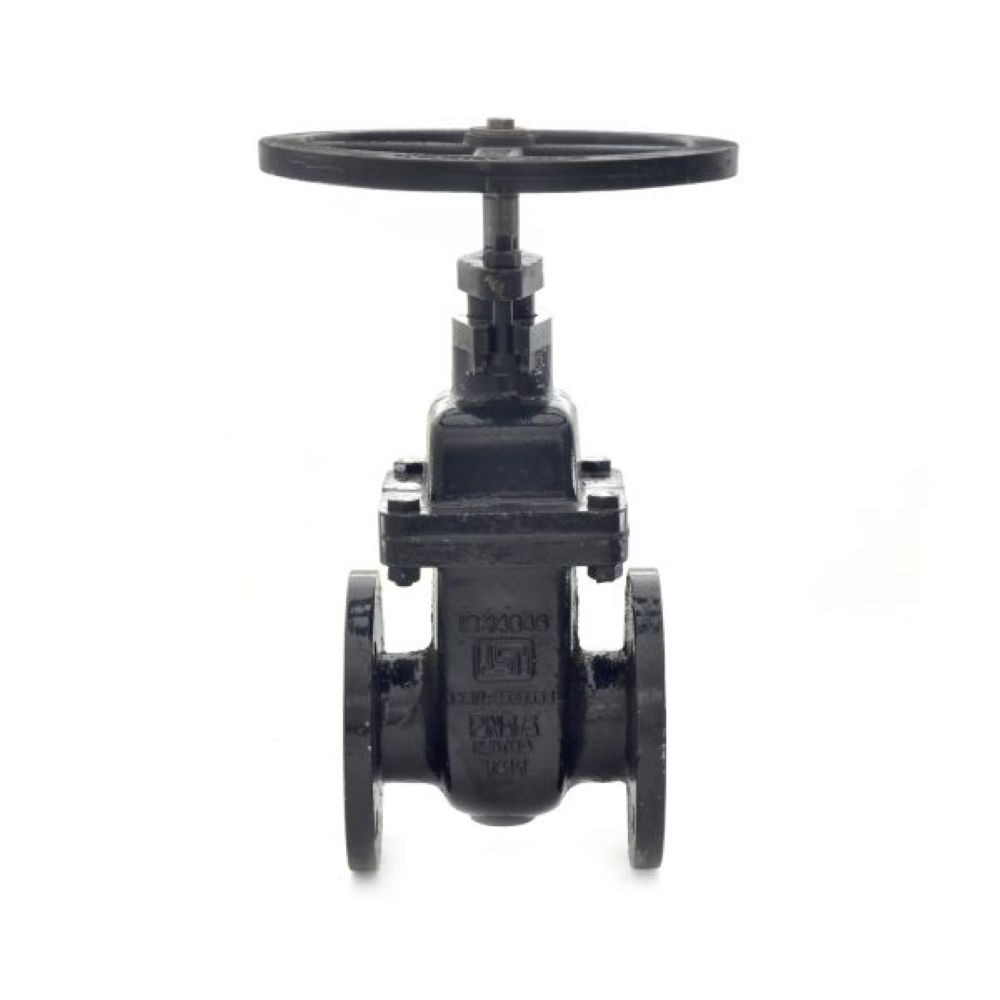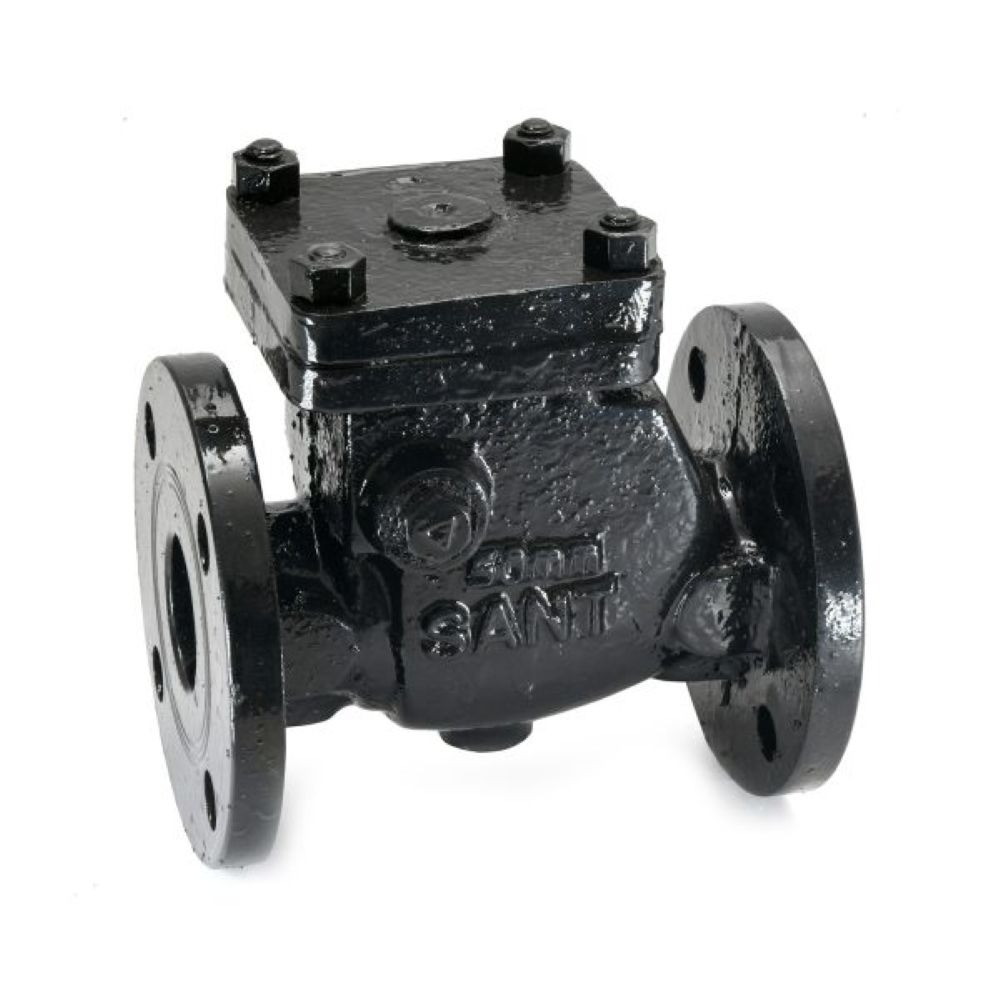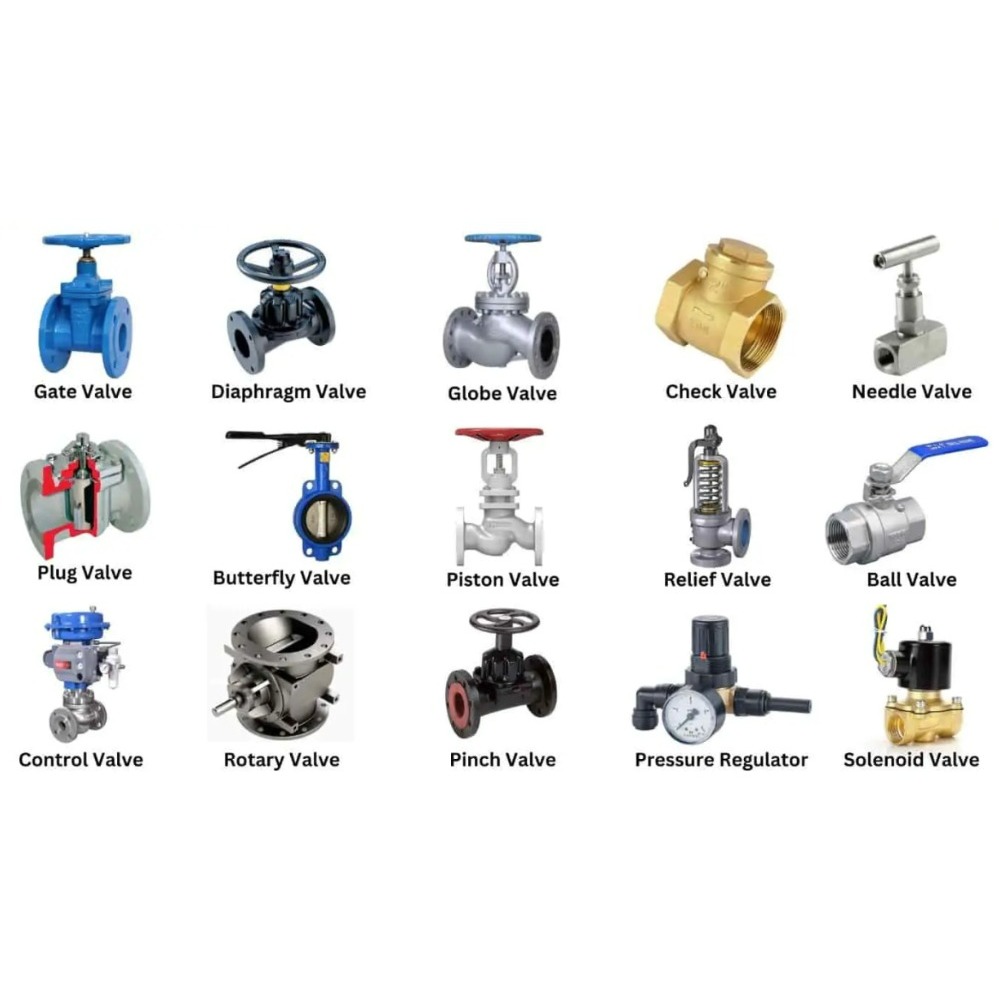
Ball Valve Dealer
A ball valve is a versatile and widely used type of valve that controls the flow of liquids or gases by utilizing a spherical ball with a hole through its center. The ball is typically positioned inside a valve body, and it is rotated around its axis using a lever or actuator. When the hole in the ball aligns with the inlet and outlet ports of the valve, fluid can pass through; when the ball is rotated 90 degrees, the flow is blocked. This simple and effective mechanism makes ball valves a popular choice for a wide range of applications.
### Key Features and Design
Ball valves are generally composed of a valve body, a spherical ball, seats, seals, and a handle or actuator. The ball, usually made of metal or plastic, is supported by valve seats that ensure a tight seal when the valve is closed. The valve handle or actuator is connected to the ball via a stem, allowing for manual or automated operation. Ball valves can be made from materials such as brass, stainless steel, PVC, and carbon steel, depending on the application and the nature of the fluid being controlled.
### Advantages of Ball Valves
Ball valves offer several advantages, including a tight seal, minimal pressure drop, and fast operation. Their simple design and the use of a ball as the primary sealing mechanism make them highly effective at providing a bubble-tight seal, preventing leakage even under high-pressure conditions. The quarter-turn operation allows for quick opening and closing, which is particularly valuable in emergency shut-off situations. Additionally, ball valves have a low flow resistance, reducing the pressure drop across the valve and enhancing overall system efficiency.
### Applications of Ball Valves
Ball valves are used in numerous industries, including oil and gas, chemical processing, water treatment, and food and beverage. They are ideal for applications requiring quick shut-off, such as emergency isolation and safety systems. In the oil and gas industry, ball valves are commonly used in pipelines, refineries, and petrochemical plants to control the flow of fluids like oil, gas, and steam. In residential and commercial plumbing, ball valves are often used to regulate water flow due to their reliability and ease of use.
In conclusion, ball valves are essential components in various industrial and domestic settings, valued for their reliability, efficiency, and ease of operation. Their ability to provide a tight seal, handle high pressures, and offer quick control makes them a preferred choice in many flow control applications.
Keywords
valve body
water flow
tight seal
wide range
valve seats
ball valves
valve handle
gas industry
carbon steel
Key Features
outlet ports
simple design
quick opening
quick control
popular choice
fast operation
spherical ball
high pressures
safety systems
quick shut-off
water treatment
stainless steel
domestic settings
Ball Valve Dealer
several advantages
various industrial
automated operation
commercial plumbing
chemical processing
numerous industries
emergency isolation
effective mechanism
low flow resistance
essential components
petrochemical plants
minimal pressure drop
quarter-turn operation
high-pressure conditions
overall system efficiency
primary sealing mechanism
emergency shut-off situations
many flow control applications
